১০ ফাল্গুন ১৪৩২
Part of Laundered Money of Bangladesh Can Be Bring Back By Next February
30 September 2025 18:09 PM
NEWS DESK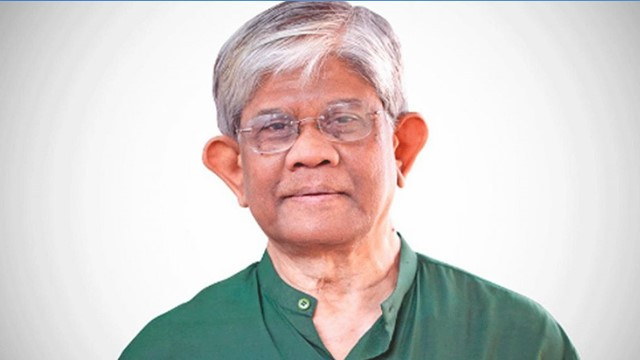
Finance Adviser of Bangladesh, Dr Salehuddin Ahmed on Monday said the process of bringing back laundered money is advancing gradually through legal and institutional mechanism s, though it requires time and cannot be done overnight.
“Bringing the money back is not like calling up the Swiss Bank and asking them to hand it over. It has to go through international legal and financial procedures,” he said while talking to reporters after the meeting of the Advisers Committee on Government Purchase at the Secretariat.
Some progress has been made in this regard, and discussions are ongoing with several reputed law firms, he said. “We hope some results might come by February.”
The adviser said those who siphon off money abroad are usually very shrewd and technically skilled, which makes the task of recovering assets a lengthy and complex process.
He informed that the government has already identified 11–12 high-priority cases of money laundering, while investigations are ongoing into assets worth over Tk200 crore.
Bangladesh Bank has frozen assets abroad, identified foreign bank accounts, and collected information on passports and residencies of the persons involved, the adviser added.
Responding to a question about continuity if a new government takes over after the national election, Dr Salehuddin said: “They will be compelled to continue these processes, because without them, money cannot be brought back. This is an international practice. If anyone sits idle, nothing will come back. The procedures we have set in motion must be maintained.”
On food security, the adviser said the government has approved imports of rice as a precautionary measure despite having stocks.
Import approvals have been given in principle, mainly from Myanmar, Thailand, and Vietnam, so that there is no sudden shortage in case of unexpected disruptions, he explained.
He said fertilizer imports, particularly DAP and urea, remain the top priority.
“Fortunately, the global prices of fertilizer have eased somewhat. We are ensuring the supply of essential items like fertiliser and rice to maintain market stability,” said Salehuddin.
The adviser also referred to the latest Bangladesh Bureau of Statistics (BBS) report, which shows that 3 out of every 10 households are facing malnutrition and food insecurity.
“We are particularly concerned about children and mothers. That’s why programmes like VGF and special allocations for marginal communities in coastal and haor regions are being strengthened. Fishermen, for example, will receive 20 kilograms of rice per household during the upcoming fishing ban,” he said.
On the current market situation, Dr Salehuddin said rice prices have declined recently due to improved stock, while vegetables and other perishables fluctuate seasonally.
There are still issues in wholesale and retail markets because of manipulation by a section of traders, he said. “That’s why we cannot claim full success yet.”
He refrained from making any comment when asked about allegations of extortion and its impact on the economy.





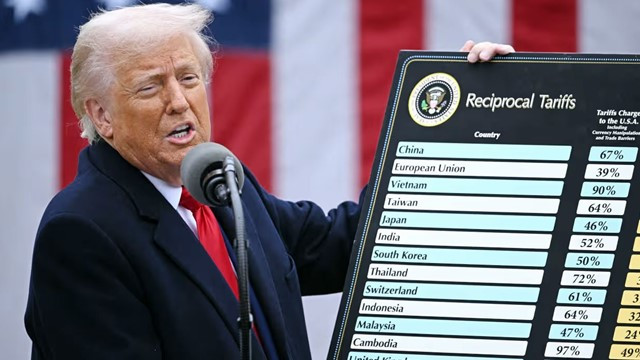
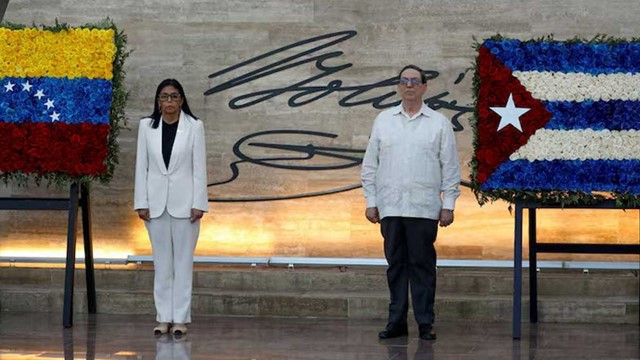






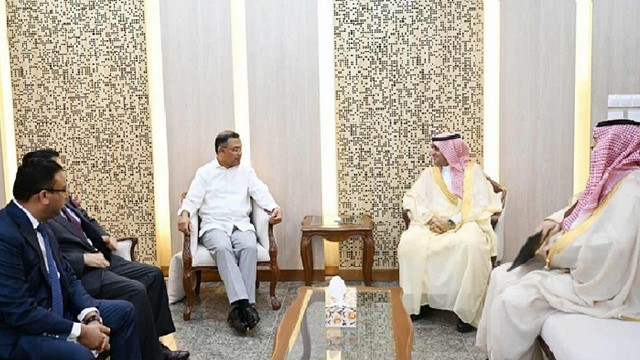

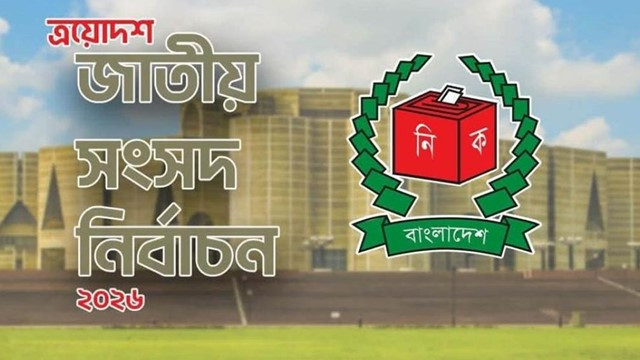
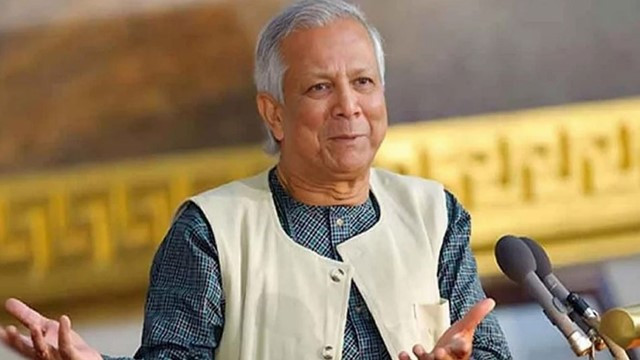
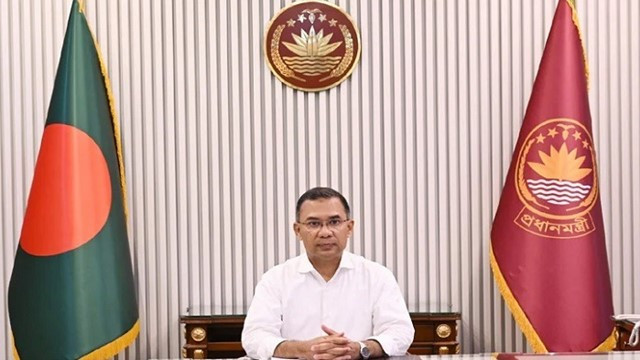
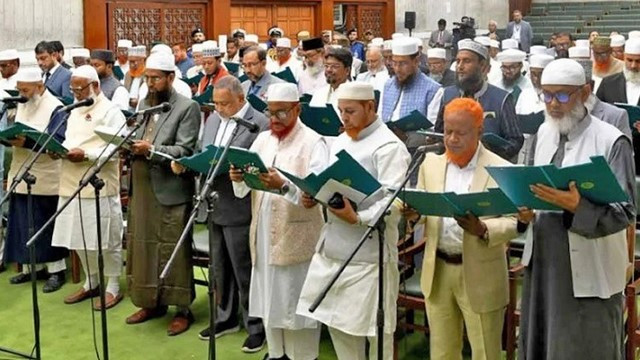
Comments Here: